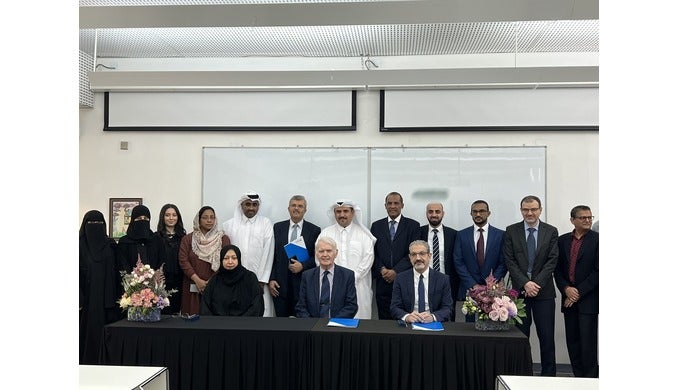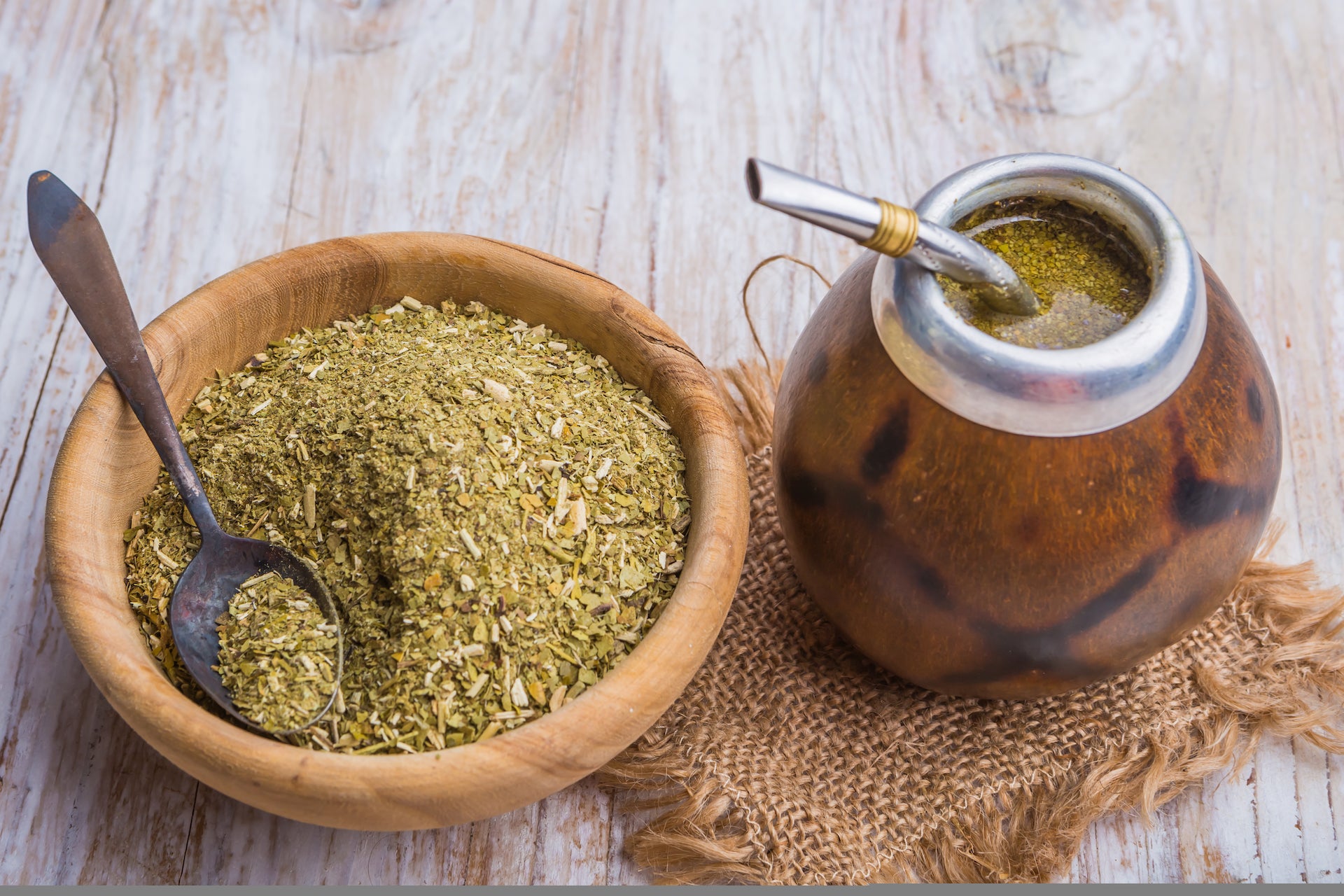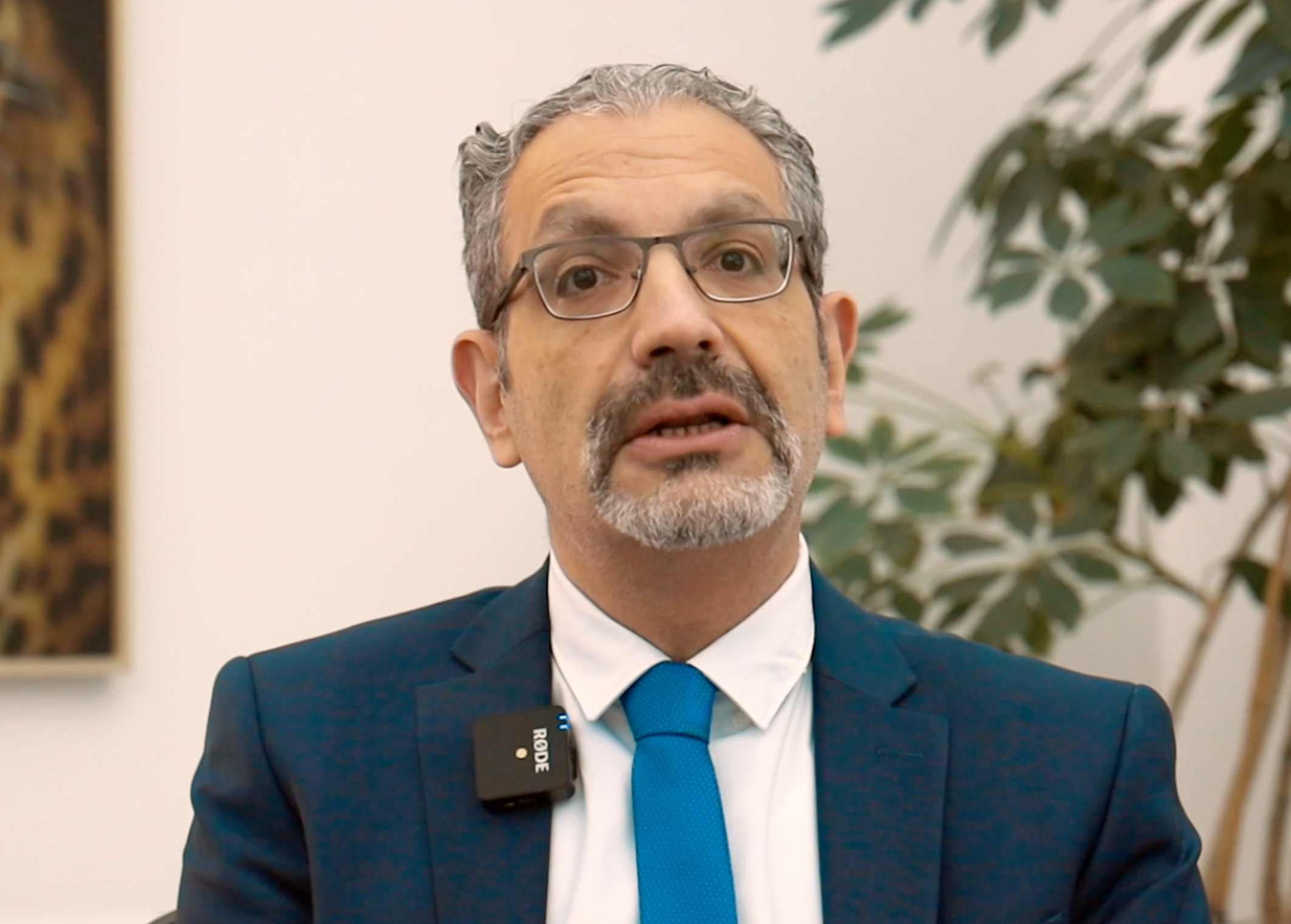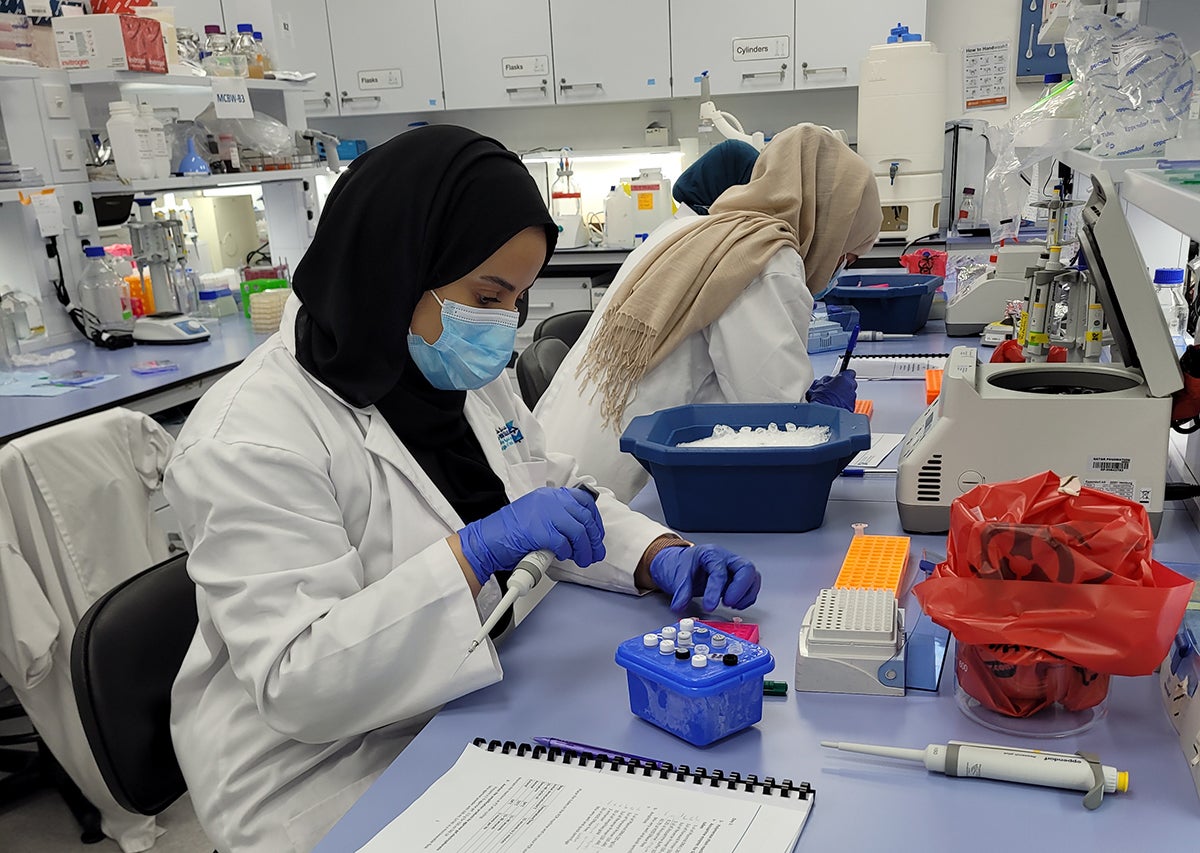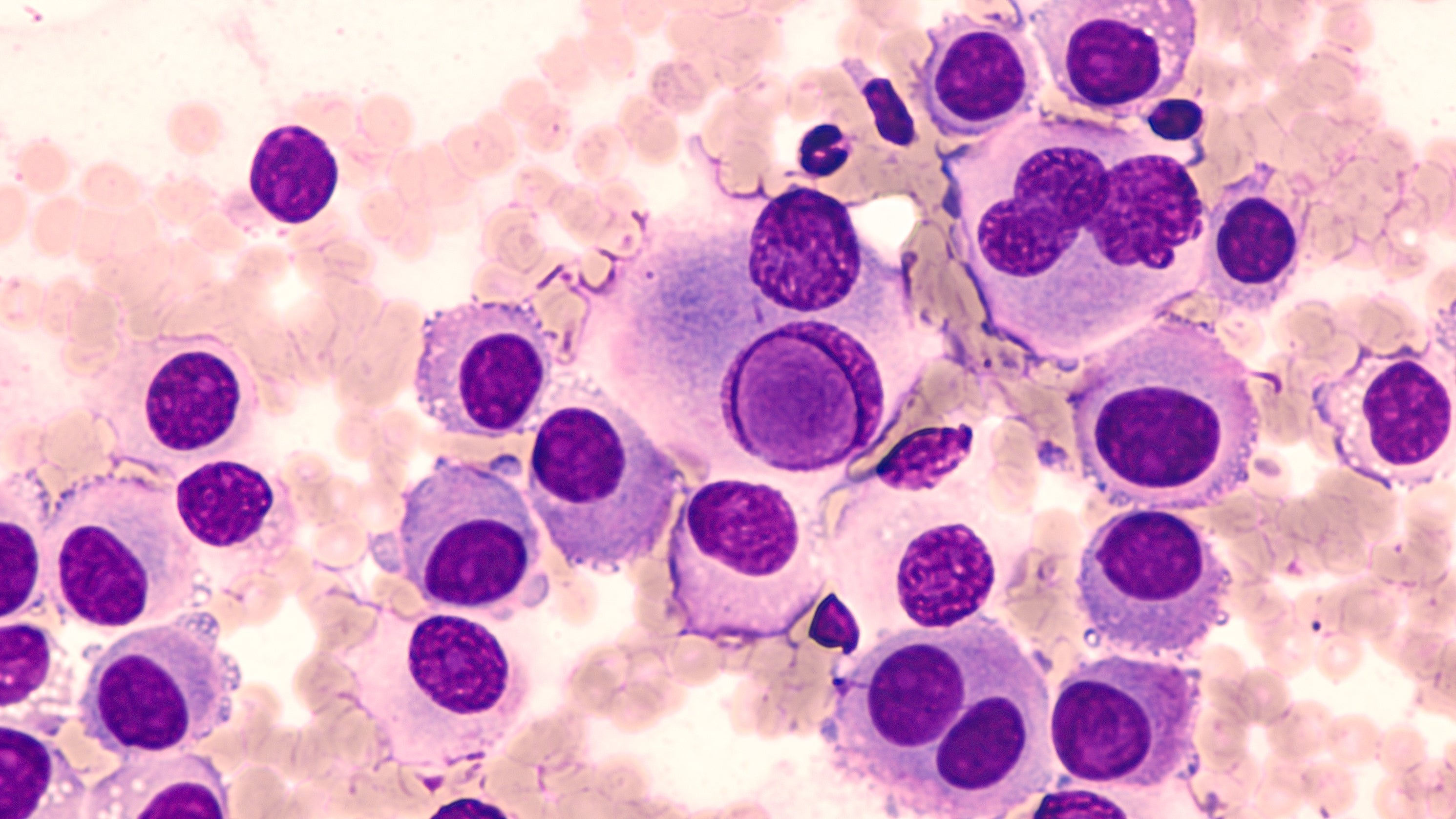By Dr. Mohammad Farhan

On Monday, November 9, biotech company BioNTech, which is owned by Turkish-German couple Dr. Ugur Sahin and Ozlem Tureci, together with Pfizer, shared some promising news in the wake of the world’s most intense race towards eradicating COVID-19. The preliminary but potentially conclusive results of the trial of the mRNA vaccine against COVID-19 has led to flickers of hope among common people. The hospitality and travel sectors have cheered this breakthrough. If successful, this will be the world’s first-ever mRNA vaccine. Out of 11 vaccines in late-stage trials, only one other company, Moderna, is developing mRNA vaccines against COVID-19, announcing just today that their vaccine also comes with a 94.5 percent efficacy rate.
Pfizer and BioNTech in a short press release announced that they have conducted a trial on 43,500 volunteers across the USA, Argentina, Brazil and Germany, injecting them with two doses of the candidate vaccine at three-week intervals. They presented analysis of data collected from 94 volunteers who posed as confirmed COVID-19 cases. The ensuing trial, administered just seven days after the second dose, found that the vaccination was effective in more than 90 percent of volunteers in preventing COVID-19 transmission and its symptoms.
This small group of vaccinated volunteers did not develop any serious side effects. Although almost half of the volunteers in this study were elderly, no data was provided on the efficacy rate within the elderly, seriously sick, and highly vulnerable. As of November 8, 2020, they had enrolled 42 percent global volunteers and 30 percent US volunteers with racially and ethnically diverse backgrounds.
It is not known if this vaccine will work in ethnically different populations such as Arabs, Asians, and no one knows how long the immunity might last. More will be revealed about these issues once Pfizer and BioNTech have published their Phase 3 trial data in a scientific peer-reviewed journal.
For this vaccine to be authorized, in accordance with US Food and Drug Administration (FDA) guidelines, companies need to wait for at least two more months to see if any safety or adverse issues are observed in at least half of people after two months of the last injection. This vaccine offers huge promise, however, experts cautioned that similar to the flu vaccine, the first generation COVID-19 vaccine may not be completely protective.
The biggest stumbling block in the success of mRNA vaccines is proper temperature storage, transport, delivery and continuous temperature monitoring of this vaccine as it consistently needs to be stored below -70-80 degrees Celsius. Deviation from these storage requirements reduces both shelf life and efficacy of the vaccine. Such absolute requirements of maintaining a cold chain for the vaccine pose a real challenge in countries like Asia or places with intense heat or poor infrastructure.
Pfizer is currently working on the stability of this vaccine along with other storage and handling issues and developing packaging and storage innovative logistical solutions to allow compatibility with various locations across the globe. For example, Pfizer has developed a dry-ice based container in which vaccines can be stored for up to 10-15 days. These containers can be used for transit purposes as well. Alternatively, countries are required to set separate centralised hubs or vaccination centers equipped with ultra-cold freezers, where vaccinations can be performed. Success of protein-based vaccines from other ongoing trials will be very beneficial to countries with large population and poor infrastructure.
Pfizer and BioNtech have committed to manufacturing 50 million doses in 2020 and 1.3 billion doses in 2021. This may sound like a lot, however, demand is much higher and a large proportion of this supply (>80 percent) has been already booked by countries like the US, EU, Canada and Japan. Ultimately, the statistics suggest that the vaccine may not be available to many other countries before the end of next year.
Another challenge that may be faced by many developing and poorer countries is the cost per dose of this vaccine. While the US and EU have agreed to a cost of approximately $20 per dose, poorer countries may not be able to afford this vaccine for their entire populations. The world remains hopeful that Pfizer will impose various pricing packages for poorer countries. The success of another vaccine out of 11 ongoing trials will not only reduce the cost, but also fasten the process of immunization of a large number of people across the globe to successfully eradicate or manage COVID-19.
The triumph of this or other incoming vaccines is the result of unprecedented and intensified research. A timely and effective partnership between clinicians-scientist and the biotech workforce has played a very important role in its feat. The success of this partnership of clinicians-scientist and biotech workforce has altogether taught a very important lesson that scientific research and development, and creating biotech workforce, are important defence mechanisms for the protection and survival of the human race. It is a proof point that countries will need more laboratories and un-interrupted basic research funding to have a better understanding of human disease and become self-sufficient in tackling situations such as COVID-19.
While emergence of infectious diseases is unpredictable, it is also important to us to realise that millions of people across the globe are in a pandemic of their own, affected either by cancer, cardiovascular or mental health. In a similar enthusiasm and vein, the clinicians-scientist and biotech workforce, if applied, can come up with solutions that may eradicate many other human diseases afflicting millions of people worldwide.
This opinion editorial was also published in Fair Observer.




